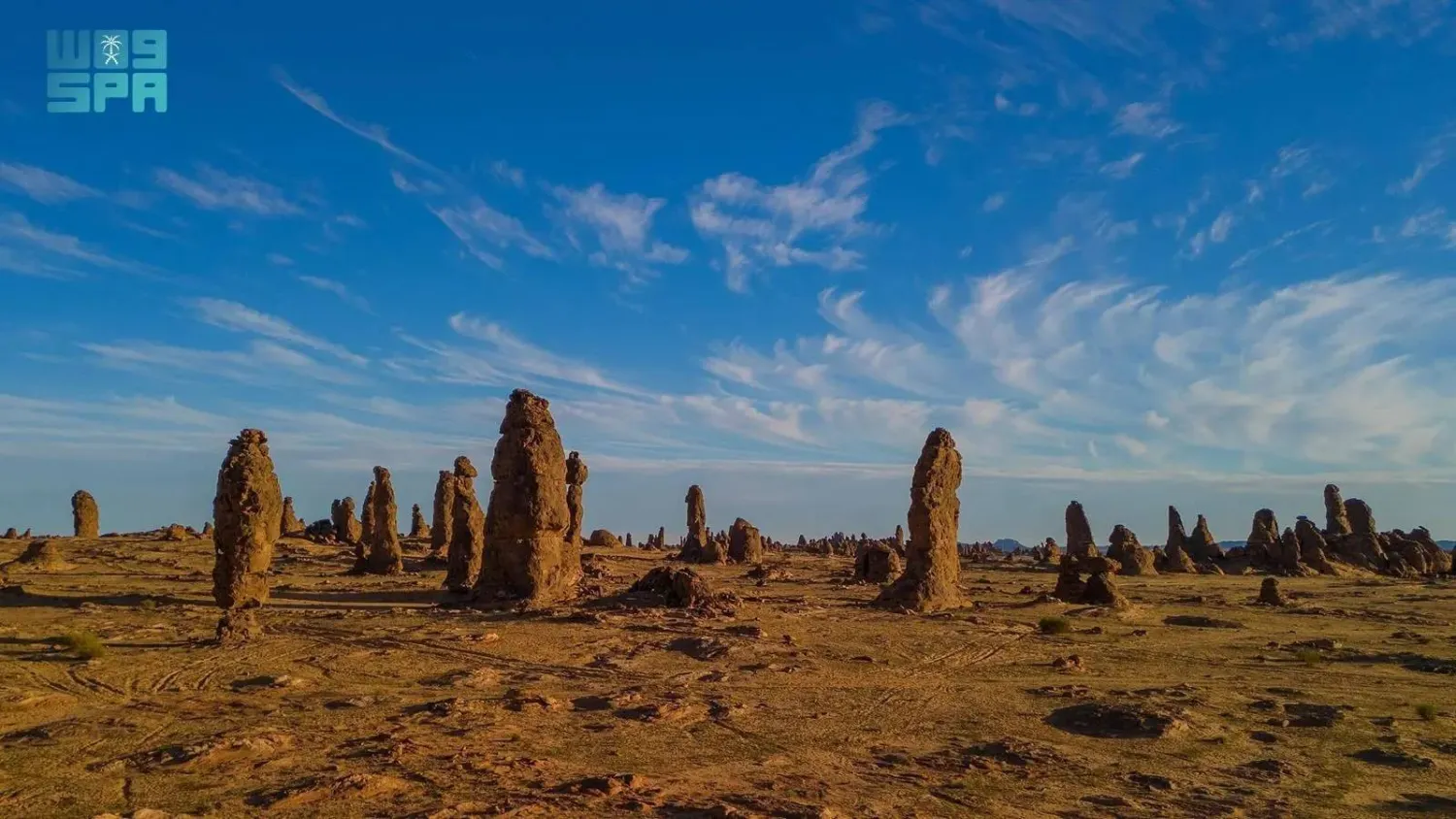On a cloudy winter's day, visitors stream into what was once William Shakespeare's childhood home in Stratford-upon-Avon and the nearby Anne Hathaway's cottage, family residence of the bard's wife.
Hathaway's cottage is one of the settings for the BAFTA and Oscar best film contender "Hamnet", and the movie's success is drawing a new wave of tourists to Shakespeare sites in the town in central England.
Shakespeare's Birthplace is the house the young William once lived in and where his father worked as a glove maker, while Hathaway's cottage is where he would have visited his future wife early in their relationship.
Typically, around 250,000 visitors, from the UK, Europe, the United States, China and elsewhere, walk through the locations each year, according to the Shakespeare Birthplace Trust. The charity looks after Shakespeare heritage sites, which also include Shakespeare's New Place, the site of the Stratford home where the bard died in 1616.
Visitors are flocking in this year thanks to "Hamnet", the film based on Maggie O'Farrell's 2020 novel, which gives a fictional account of the relationship between Shakespeare and Hathaway, also known as Agnes, and the death of their 11-year-old son Hamnet in 1596.
"Visitor numbers have increased by about 15 to 20% across all sites since the film was released back in January. I think that will only continue as we go throughout the year," Richard Patterson, chief operating officer for the Shakespeare Birthplace Trust, said.
"They particularly want to look (at) Anne Hathaway's cottage and the specifics around how the family engaged in the spaces and the landscape in and around the cottage... you can see why he would have been inspired."
NEW ACCESS TO SHAKESPEARE
"Hamnet" has 11 nominations at Sunday's British BAFTA awards, including best film and leading actress for Jessie Buckley, who plays Agnes. It also has eight Oscar nominations, with Buckley seen as the frontrunner to win best actress.
"Hamnet" is set in Stratford-upon-Avon and London although it was not filmed in Stratford.
It sees Paul Mescal's young Shakespeare fall for Agnes while teaching Latin to pay off his father's debts. The drama, seen mainly through Agnes' eyes, focuses on their life together and grief over Hamnet's death, leading Shakespeare to write "Hamlet".
"Shakespeare... is notoriously enigmatic. He writes about humanity, about feeling, about emotion, about conflict, but where do we understand who he is in that story?" said Charlotte Scott, a professor of Shakespeare studies and interim director of collections, learning and research at the Shakespeare Birthplace Trust.
"And that's driven people creative and otherwise for hundreds and hundreds of years. Where is Shakespeare's heart? And this is what the film I think has so beautifully opened up."
Little is known about how the couple met. Shakespeare was 18 and Hathaway 26 when they married in 1582. Daughter Susanna arrived in 1583 and twins Judith and Hamnet in 1585.
The film acknowledges the names Hamnet and Hamlet were interchangeable back then. While grief is a dominant theme, audiences also see Shakespeare in love and as a father.
"A lot of people will see this film not necessarily having... had any kind of relationship with Shakespeare," Scott said.
"So people will come to this film, I hope, and find a new way of accessing Shakespeare that is about creativity, that is about understanding storytelling as a constant process of regeneration, but also crucially, looking at it from that kind of emotive angle."










